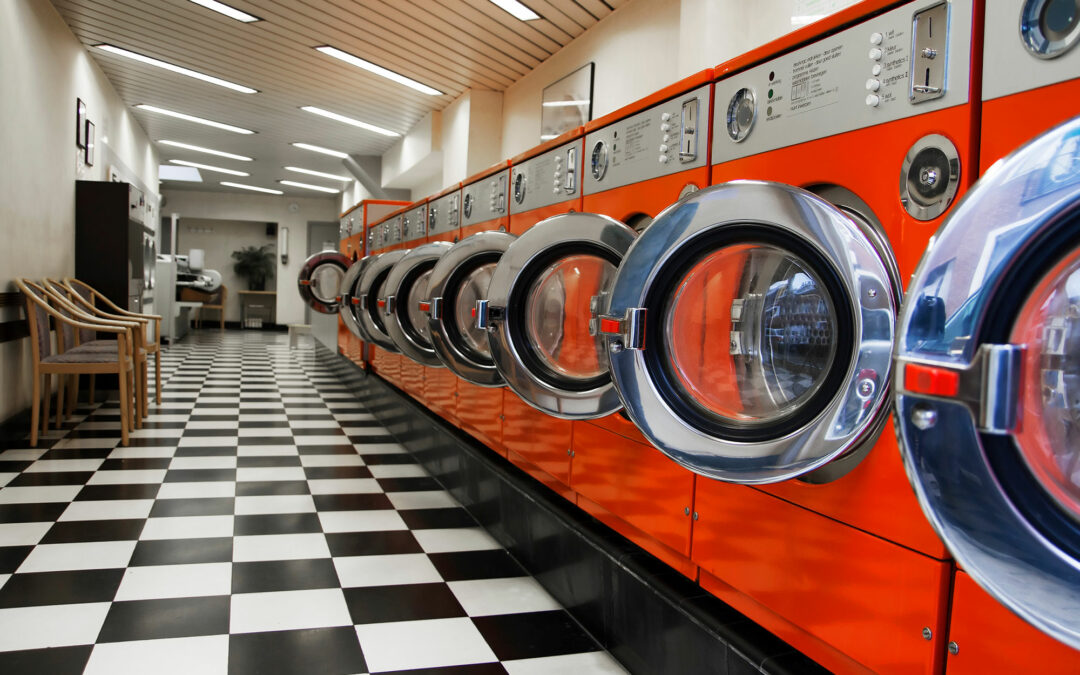Every team has weaknesses. In professional sports, competitors study their rivals to identify and exploit those weaknesses. It may not be as blatant in the restaurant business, but your competition is essentially doing the same thing – just waiting for you to fail. The only way to stop your competitors from taking advantage of your team vulnerabilities is for you to fix them before they become liabilities. Take a look at these ten most common vulnerabilities in restaurant teams.
- Ineffective leadership. Teams are a reflection of their leaders. Even a team full of superstars needs a good leader. Leaders provide more than just direction, they also recognize skill gaps, provide motivation, and create effective incentives and rewards to keep their team motivated.
- Inadequate training. Just like in sports, a team’s success doesn’t happen overnight. It takes training and practice to become a winning team. In a restaurant, practice comes in the form employee training that covers sales, service, compliance, and teamwork.
- Poor communication. Communication is critical to teamwork. Team members who communicate effectively do so by both sending clear messages and listening to their teammates. Communication is a two-way street.
- Lack of trust. Team members have to depend on each other to reach their shared goals. If trust doesn’t exist between team members – or worse, between the team and its leader – the team’s mission for the restaurant will fail.
- Unresolved conflict. Conflict isn’t always a bad thing. Productive conflict can lead to positive change. But when conflict isn’t managed effectively, it can damage a team’s confidence and commitment. Leaders should apply proactive conflict management and help their team productively resolve conflict.
- Unwillingness to change. Just like in sports, a team must be able to quickly adapt to changing conditions. Internal and external factors can create a need for changes in roles, policies, or procedures. Restaurant teams must be able to successfully implement change.
- Focus on top achievement only. Every team has at least one top performer, but it takes a collective effort to reach goals. Leaders of effective teams focus on the achievement of team goals that are backed up by training. Successful restaurant managers recognize both the people who stand out and the people who provide support in the background.
- No sense of unity. Team camaraderie creates enthusiasm and loyalty. Every time team members change due to turnover and other staffing challenges, the team gets set back a bit. Smart hiring, ongoing training, and staff retention will make your team stronger.
- Lack of team focus. In business, wins and losses aren’t written on a scoreboard, they’re measured by customer loyalty and overall profitability. Quantifiable team goals give a team the focus they need keep their eyes on the prize.
- Negative work environment. Any other vulnerabilities in a team will be amplified by negativity in the workplace. In order for team members to perform at their best, they must be working in a productive environment based on mutual respect.
Restaurant Team Training
The Service & Sales Excellence Waitstaff Training Series is based on Service That Sells!, a restaurant training philosophy developed by restaurant owners for restaurant owners. Click here to learn more.





